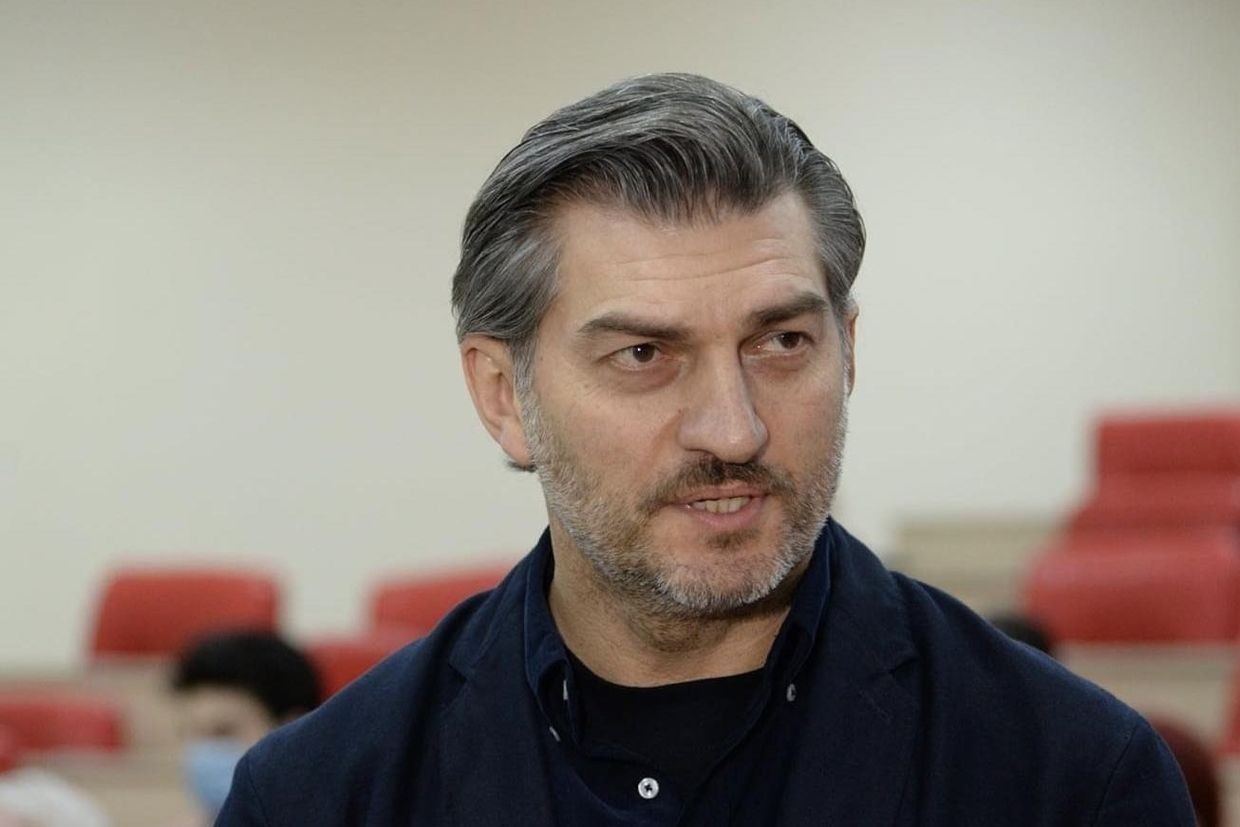
Georgia’s disputed president, Mikheil Kavelashvili, has pardoned more than 600 convicts, a considerably higher total than previous presidential pardons.
On Sunday, Kavelashvili said on Facebook that he had pardoned 613 prisoners on the occasion of Epiphany.
‘With outstanding humanitarian compassion, the pardoned individuals were given the opportunity to return to their families and once again become full members of society’, the brief statement read.
Kavelashvili’s statement did not specify the types of crimes committed by those pardoned, but RFE/RL reported that the order secured the release of a significantly higher number of individuals compared to previous presidential pardons.
In the past, pardons were given by a special commission that was abolished in 2019. Today, a department under the purview of the Presidential Administration prepares the case for the president to consider a convict’s pardoning.
Georgian legislation prescribes a long list of criteria that need to be taken into account when pardoning a convict, including the motive, purpose, and outcome of their crime, the convict’s past, health condition, behaviour whilst in custody, and more. Presidents are also expected to distinguish between different types of crimes prior to making the decision to pardon a convict.
Convicts can appeal for a pardon, after which the Presidential Administration must ensure all documents are available for the president’s consideration within a month. Agencies tapped for any required documents must send them to the Presidential Administration within two weeks.
Since only three weeks have passed since Kavelashvili’s inauguration, questions have arisen in the media and social networks about how the president managed to review and approve such a large number of cases.
‘Does anyone believe that Mr. Kavelashvili reviewed the cases of 613 prisoners in less than one month?’ asked Zura Vardiashvili, a Publika editor, in a post on social media, in which he listed some of the criteria presidents should consider when granting pardons.
In response to the discussion, one of the leaders of the ruling Georgian Dream party, Mamuka Mdinaradze, stated that Kavelashvili pardoned the convicts ‘due to objective circumstances’.
He claimed that the process involved ‘the entire system’, including the Ministry of Justice, along with the president’s administration.
Mdinaradze also accused former Presidents Mikheil Saakashvili, Giorgi Margvelashvili, and self-declared interim President Salome Zourabichvili of being involved in ‘political and other types of bargaining’ through the usage of presidential pardons.
No information about the pardons has been published on the president’s website, which has been offline since Zourabichvili’s official term as president ended. The website only says that ‘information is being updated’.











